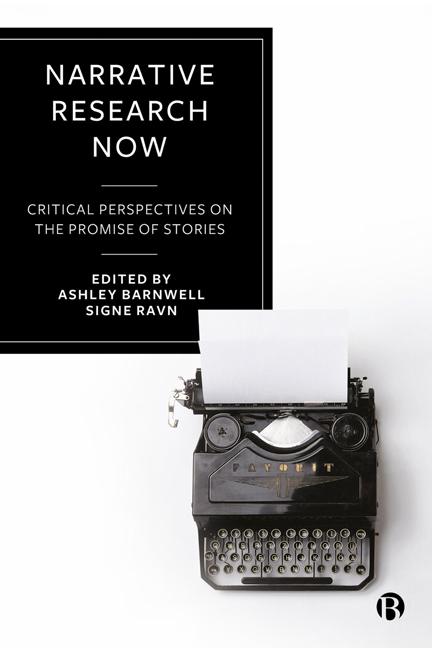7 - Songs as Narratives: Ethical Tensions in Midnight Oil’s Dead Heart (1986) and Gadigal Land (2020)
Published online by Cambridge University Press: 28 March 2024
Summary
Introduction
As a vehicle for narratives, songs’ generative potential can assist change and record histories, and can shift with time. Popular protests songs’ lyrics often focus on resisting more dominant narratives and subscribe to the ideal of creating social consciousness and social transformation (Haycock, 2015a, p 425). Protest songs’ transmission of ideas are unstable, as is the national messaging which their narratives seek to interrupt (Hall, 1981, p 329). The stories conveyed are shaped by how songs breach their spatial and temporal locations: where and when they are written, recorded, performed, released and listened to. In the spaces between songwriters’ intention and listeners’ reception, songs’ disseminated narratives are re-made, misheard and can fail in their elicitation (Derrida, 1977). Songs’ meanings and melodious affects also vary with political shifts over time. Being able to replay a song and repeat listens ‘ties repetition to alterity’, its otherness, wherein hearing something new is possible (Derrida, 1977, p 7). This is irrespective of music genre, or how music is being listened to: aurally and/or visually (with or without video clips) and on which medium – record player, digital platform or while riding a bicycle replete with headphones – and whether listening with unwavering focus or wafting in the background or both.
How songs’ stories are engaged with is also shaped by space and place: listening from home, at a concert, in a small venue, alone, with others, in a community, nation state, or a specific geographical setting. Moreover, listening across dynamic, intersecting locations – as they, woman, man, Indigenous, settler, upper or lower socio-economic position, younger, older, and so forth – means that songs’ melodies and/or lyrics can ‘leave an indelible impression’ (Ahmed, 2004, p 14), have unknowable impacts, or leave the listener without a memory of what a song is about. As a young white woman in the 1980s, listening to the Australian ‘political’ pub rock band Midnight Oil (Oils) and driving from ‘the country’ to town with five settler friends to attend their thronging rock concert at the football oval together with a predominantly male drinking and dancing crowd, it was the opportunity to ‘go dancing’, not the stories their songs told, that I was drawn to. Neither before, during nor after the concert did any of ‘us’ young working-class workers discuss hearing a central theme in some of their songs: the colonial settlers’ harms for Indigenous people.
- Type
- Chapter
- Information
- Narrative Research NowCritical Perspectives on the Promise of Stories, pp. 105 - 121Publisher: Bristol University PressPrint publication year: 2023

